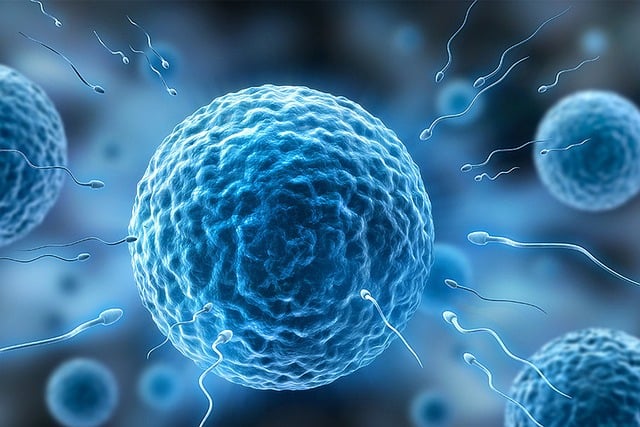Introduction:
Surrogacy has become a viable option for couples facing challenges in conceiving and carrying a pregnancy to term. One of the key processes involved in surrogacy is sperm washing, a crucial step that ensures the success and safety of the surrogacy journey. This article explores the significance of sperm washing in the surrogacy process, shedding light on its procedure, benefits, and ethical considerations.
Understanding Sperm Washing:
Sperm washing is a specialized laboratory technique used to separate healthy sperm from semen, eliminating contaminants and potentially harmful substances. This process is essential in the context of surrogacy for several reasons:
- Reducing Contaminants: Sperm washing eliminates impurities such as bacteria, viruses, and non-motile sperm from the semen sample. This not only enhances the quality of the sperm used for fertilization but also minimizes the risk of transmitting infections to the surrogate mother.
- Increasing Sperm Motility: The washing process helps enhance the motility of the sperm, ensuring that only the healthiest and most active sperm are used for fertilization. Improved sperm motility increases the chances of successful fertilization during in vitro fertilization (IVF) procedures.
- Eliminating Seminal Fluid: Sperm washing removes the seminal fluid from the sperm, reducing the volume of the sample. This concentrated sperm sample is then used in assisted reproductive technologies like intrauterine insemination (IUI) or IVF.
The Procedure:
The sperm-washing procedure involves several steps:
- Semen Collection: The intended father provides a semen sample through masturbation, which is collected in a sterile container.
- Centrifugation: The semen sample is processed in a centrifuge, a device that separates the different components of the semen based on their density.
- Sperm Separation: The sperm are separated from other components, such as seminal fluid and debris, through the centrifugation process. This results in a concentrated and purified sperm sample.
- Evaluation: The quality and quantity of the sperm are assessed, ensuring that only the healthiest and most viable sperm are used for the surrogacy process.
Benefits of Sperm Washing in Surrogacy:
- Minimizes Health Risks: By removing contaminants and potential pathogens, sperm washing reduces the risk of transmitting infections to the surrogate mother.
- Enhances Fertilization Success: The concentration of healthy, motile sperm increases the chances of successful fertilization during assisted reproductive procedures.
- Optimizes Sperm Quality: Sperm washing ensures that only the highest quality sperm are used, improving the overall success rate of the surrogacy process.
Ethical Considerations:
While sperm washing is a widely accepted and safe procedure, ethical considerations should be taken into account. Consent from all parties involved, including the intended parents and the surrogate mother, is paramount. Ensuring that the surrogate is well-informed about the process and its implications is crucial to maintaining ethical standards in assisted reproductive technologies.
Conclusion:
Sperm washing plays a pivotal role in the surrogacy process, offering a safe and effective means of optimizing sperm quality and minimizing health risks. As surrogacy continues to be a viable option for individuals and couples seeking to build their families, advancements in reproductive technologies, including sperm washing, contribute to the overall success and safety of the journey to parenthood.

Ravi Sharma is a self-motivated, successful entrepreneur and has a solid experience in the fertility segment. and he is the director at ARTbaby Global (ARThealthcare). He is a pharmacy graduate with post-graduation in business administration and has 14 years of rich experience in the field of infertility segment. He loves to write about IVF, Surrogacy, and other ART (assisted reproductive technology) news, issues, and updates. He is a Pharmacy graduate (B. Pharm) and M.B.A (marketing).
His most recent success includes the successful launch of the medical tourism company, ARTbaby, which offers treatment options for infertility, egg donation, and surrogacy. He likes spending time with his family and writing about various aspects of IVF surrogacy and donating eggs.

